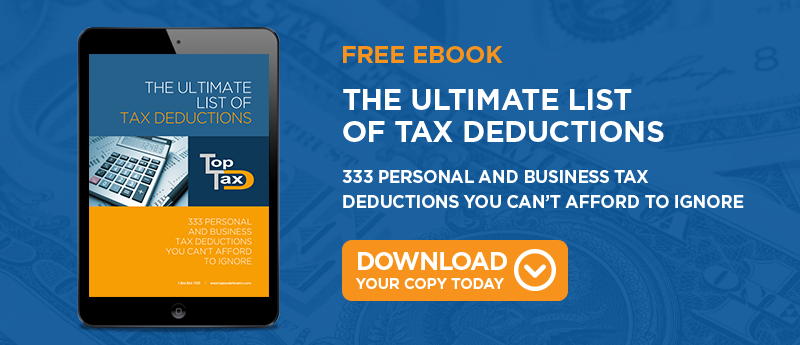
Are you in the process of selling your home? Did you know that your home sale could have an impact on your income tax liability this year? Depending on the amount of gain you receive on your home sale, you could end up owing Uncle Sam a hefty tax bill. You might also have to pay the IRS if you use a short sale to dump a bad mortgage loan. Here are a few considerations to help you see how selling your home impacts your income taxes.
Do You Qualify to Exclude Your Real Estate Gain?
If you experience a gain of less than $250,000 on your home sale or less than $500,000 if you file as a joint married couple, you'll be eligible to exempt the gain on your transaction. For example, if you sell your home for $750,000 and your basis is $500,000 or more, you won't have to pay tax on the gain you received. However, there are a few requirements that the IRS expects you to meet to qualify for this exclusion.
You must be selling your primary residence, which means that you can't sell a second home or a vacation home and qualify for this provision. You also must not have sold a previous residence in the last two years and exempted the gain from that sale. The IRS also requires that you have lived in the home for at least two years out of the last five.
How to Calculate Your Basis
So, how do you figure out your basis when you're trying to determine your net gain on your home sale? Generally, this will include the amount you originally paid for the home, as well as the cost of major improvements you've made such as renovations, repairs, or new appliances. You can also include the closing costs you paid on the original mortgage.
How Does a Short Sale Affect Your Tax Liability?
What if you're selling your home through a short sale? In this case, you won't qualify to exclude the gain. In fact, you may even end up owing the IRS tax on the amount of the gain you experience. However, the IRS only requires individuals to pay tax on this amount when the forgiven loan amount exceeds $2 million, which means that the vast majority of homeowners won't be subject to this requirement. If you're financially insolvent, you won't be subject to tax penalties, no matter how large a loan you have forgiven.
Real estate transactions typically affect income tax liability, even when they're private residential sales. Learning how selling your home impacts your income taxes can help you prepare for any tax bill changes that may arise.




